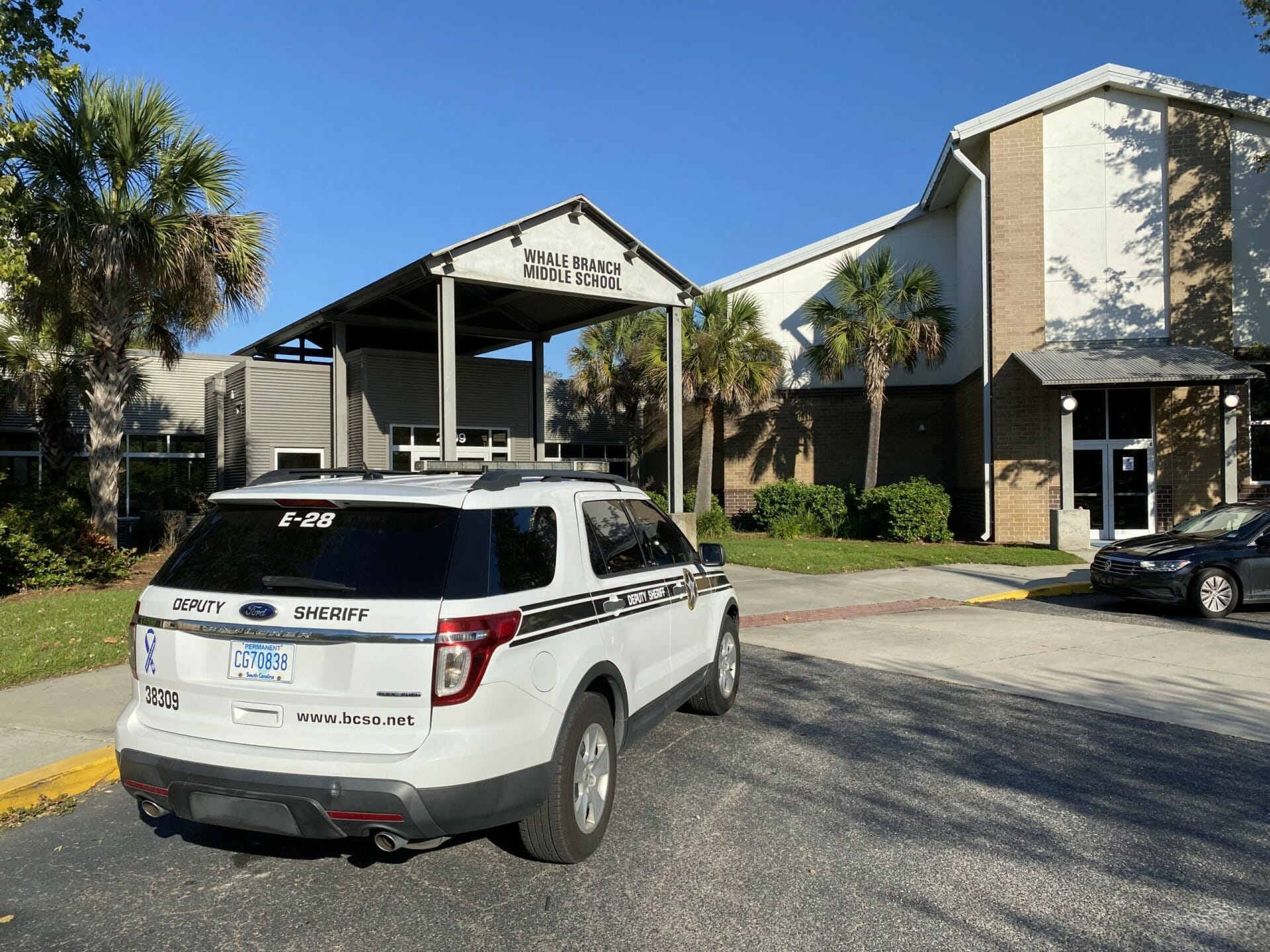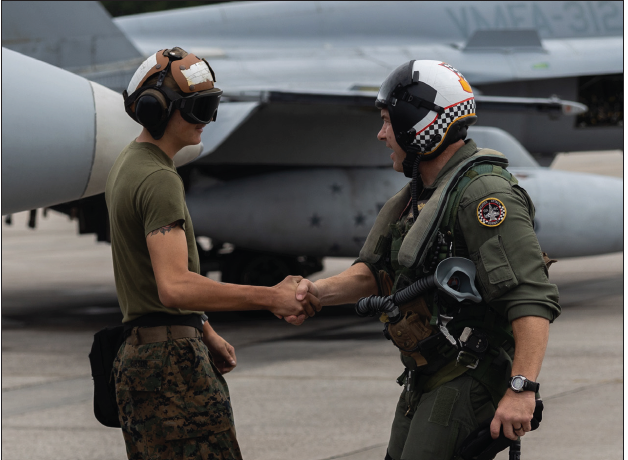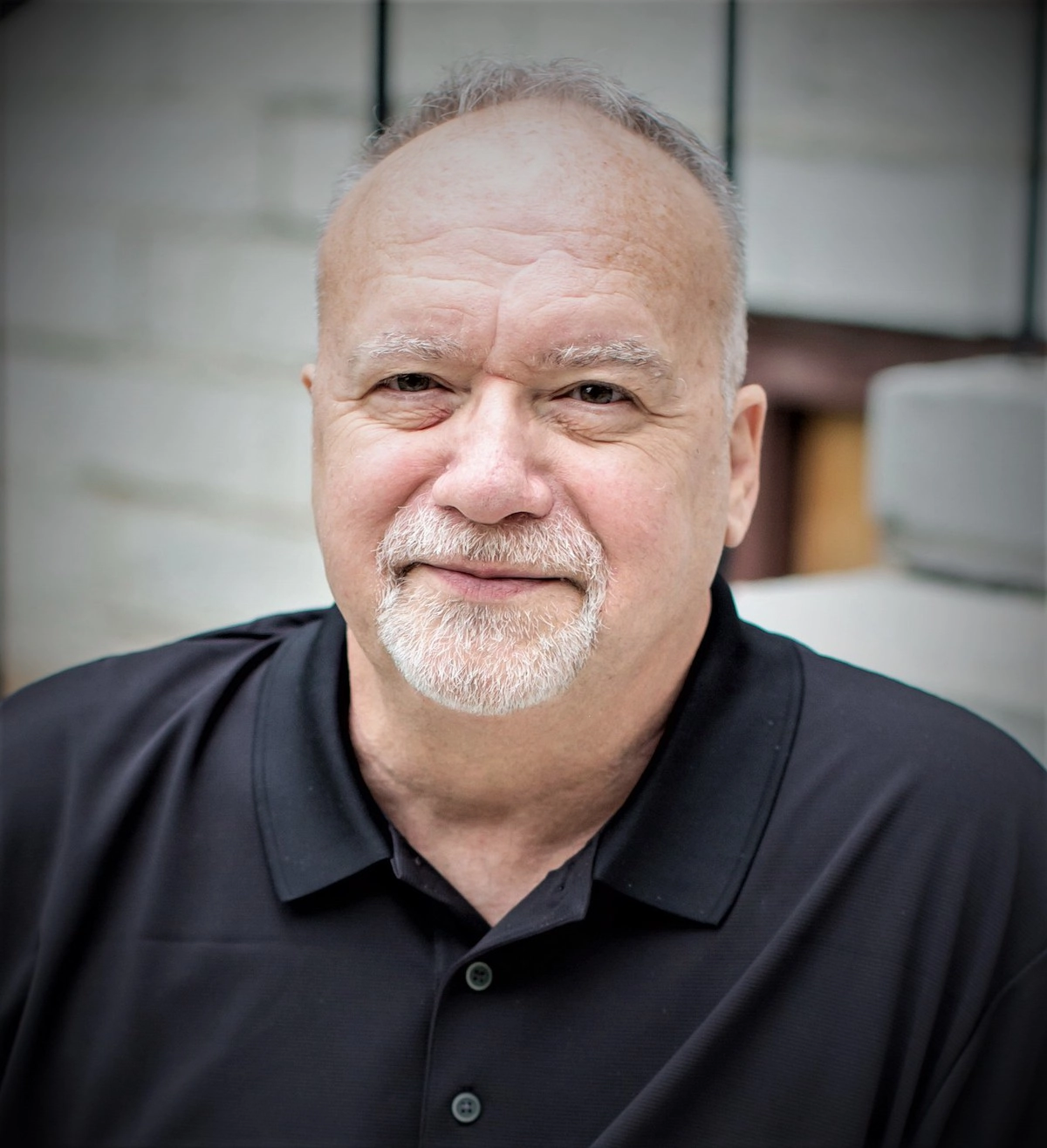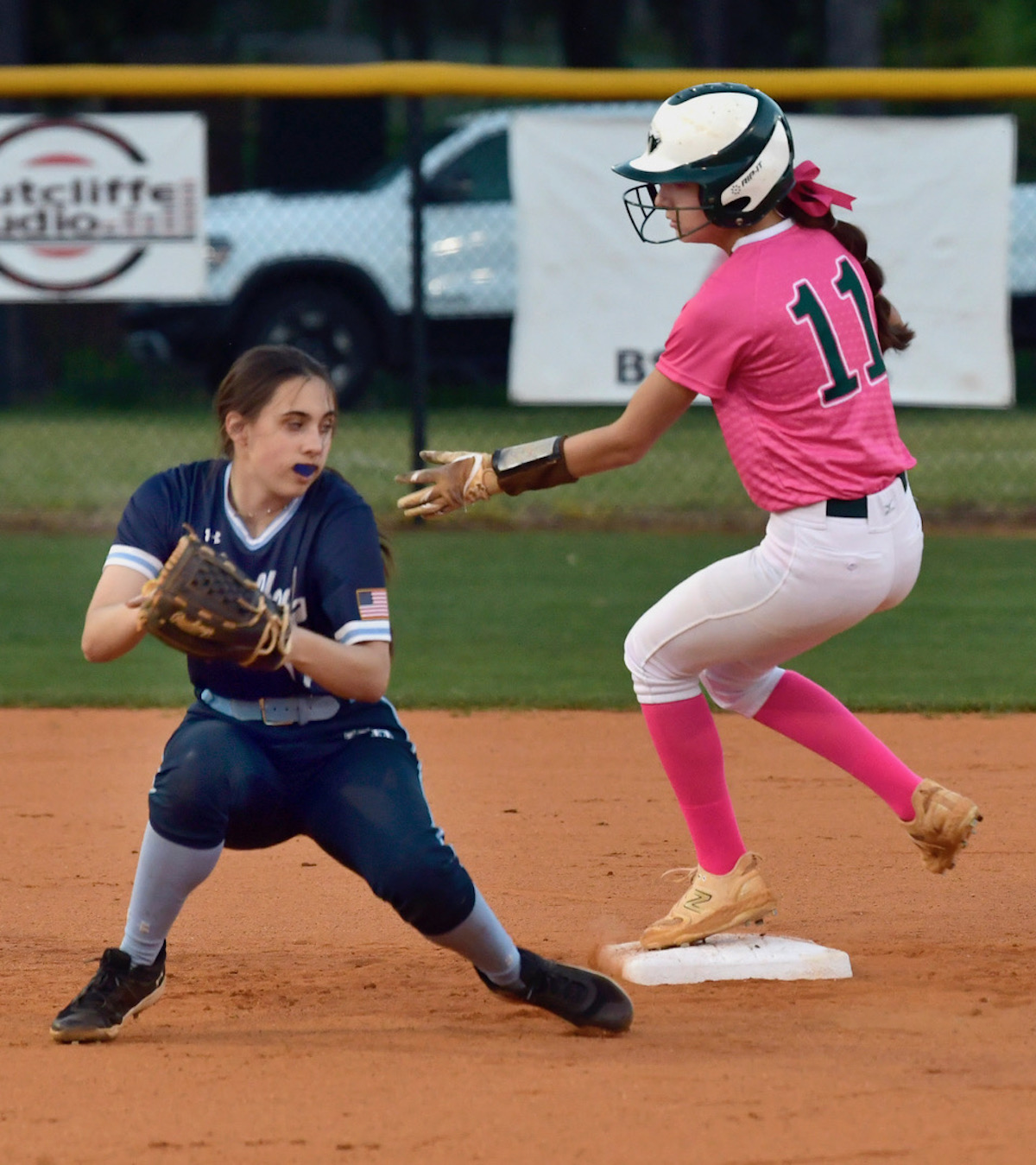According to the VA Secure Messaging information page at https://www.va.gov/health-care/secure-messaging/, Veterans with VA secure messaging can communicate privately online with their VA healthcare team. Veterans can find out if they are eligible to use VA secure messaging and how to sign in and begin using this helpful tool at the URL address above.
Veterans can sign in to VA Secure Messaging with their existing Login.gov, ID.me, DS Logon, or My HealtheVet account. If a veteran does not have any of these accounts, they can create a free Login. gov or ID.me account on the VA Secure Messaging page.
How can secure messaging help a veteran manage their health care?
This web/mobile-based service protects veterans’ sensitive information so they can safely and easily communicate online with their VA health care team.
Veterans can use secure messaging to:
- Ask non-urgent, non-emergency health-related questions.
- Give the veteran’s healthcare team updates.
- Request VA referrals, test results, and prescription renewals.
- Manage VA health appointments.
- Ask routine administrative questions.
- Get health education information from the VA Health Library.
How to determine if a veteran is eligible to use secure messaging?
Veterans can use the VA Messaging tool if they meet ALL of the requirements listed below.
- The veteran is enrolled in VA health care; and
- The veteran is registered as a patient at a VA health facility; and
- The veteran’s VA healthcare provider has agreed to communicate with the veteran through secure messaging.
How can a veteran find out if they are eligible for VA Health Care?
Veterans can find out if they are eligible for VA Health Care at https://www. va.gov/health-care/eligibility/. Veterans may be eligible for VA Health Care benefits if they served in the active military, naval, or air service and did NOT receive a dishonorable discharge. If a veteran enlisted after Sept. 7, 1980, or entered active duty after Oct. 16, 1981, the veteran must have served 24 continuous months or the full period for which they were called to active duty, unless:
1. The veteran was discharged for a disability that was caused or made worse by the veteran’s active-duty service; or
2. The veteran was discharged for hardship or “early out”; or
3. The veteran served prior to Sept. 7, 1980.
The minimum duty requirement of 24 continuous months may not apply if any of the above three situations are true.
Also, if a veteran is a current or former member of the Reserves or National Guard, the veteran must have been called to active duty by a federal order and completed the full period for which he or she was called to active duty.
How can a veteran apply for VA Health Care?
Veterans can find out how to apply for VA Healthcare at the VA’s ow to apply for VA Health CareE URL, https:// www.va.gov/health-care/ how-to-apply/. Veterans can apply for VA healthcare by phone, online, by mail, in person, or with the help of an accredited representative (VSO, agent, or attorney). The veteran will need to fill out a VA Form 10-10EZ, Application for Health Care Benefits, and submit it to their nearest VA Eligibility and Enrollment Office. Veterans will need the following information to fill out the VA Form 10-10EZ:
- The veteran’s (and dependents’) social security account numbers.
- The veteran’s discharge papers (DD214, etc.).
- Insurance card information for all insurance companies that cover the veteran, including any coverage provided through a spouse.
- Gross household income from the previous calendar year for the veteran, spouse, and dependents. This includes income from any job and any other sources.
- The veteran’s deductible expenses for the past year. These include certain health care and education costs.
Veterans do not have to tell the VA about their income and expenses when they apply, but if the veteran is NOT eligible based on other factors, the VA will need that information.
How can veterans apply for VA Health Care?
Veterans can apply by phone at 877-222-8387, by mail to the Health Eligibility Center in Atlanta, in person at their local VA Medical Center or VA Clinic, or with the help of a trained professional (accredited representative). Read the details at https://www.va.gov/health-care/how-to-apply/.
How does secure messaging work?
With secure messaging, a veteran can write messages, save drafts, review their sent messages, and keep a record of their conversations. Veterans can use the Messaging Tool to communicate with any VA healthcare team member who has signed up to participate.
Veterans can also send non-urgent, non-emergency messages at any time day or night. The veteran’s healthcare team should respond within 3 business days. Veterans can also set up their Secure Messaging Account to send a notification to their personal email when they receive a new secure message.
Can a veteran use secure messaging for medical emergencies or urgent needs?
No. If a veteran has an emergency or urgent need, he or she should NOT use secure messaging. If a veteran believes they have a medical emergency, they should call 911 or go to the nearest emergency room. If a veteran does not have an emergency, but they are not sure what type of care they need, the veteran should call their nearest VA health facility. Veterans can find their nearest VA health facility by going online to https://www.va.gov/find-locations.
What does a veteran do if they need to talk with someone right away?
The veteran should contact the Veterans Crisis Line. Whatever the veteran is struggling with (chronic pain, anxiety, depression, trouble sleeping, anger, or homelessness), the VA can help.
The Veterans Crisis Line is confidential, free, and available 24/7. To connect with a Veterans Crisis Line responder call 988, then select 1 or start a confidential chat at https://www.veteranscrisisline.net/get-help-now/chat/ or text 838255.
Can a veteran use secure messaging with community (non-VA) providers?
No. You can communicate only with your VA providers.
Will a veteran’s personal health information be protected?
Yes. VA Secure Messaging is a secure website. The VA follows strict security policies to protect the veteran’s health information. Only the veteran and their VA health care team will have access to the veteran’s secure messages. However, if a veteran decides to print or download any messages, the veteran needs to take responsibility for protecting that information.
What if a veteran has more questions?
- Read the FREQUENTLY ASKED QUESTIONS (FAQs) on the My HealtheVet portal at https://www. myhealth.va.gov/mhv-portal-eb/web/myhealthevet/faqs#smGeneralFAQ; or
- Call the My HealtheVet help desk at 877-327- 0022 or text 800-877- 8339. The VA answers Monday through Friday, 8 a.m. to 8 p.m. EST; or
- Contact the VA online at https://www.myhealth.va.gov/mhv-portal-web/web/myhealthevet/contact-mhv
Larry Dandridge is a Vietnam War wounded warrior, disabled veteran, ex-Enlisted Infantryman, ex-Warrant Officer Pilot, and retired Lt. Colonel. He is a past Veterans Service Officer, a Patient Adviser at the RHJ VA Hospital, the Fisher House Charleston Good Will Ambassador, and the VP for Veteran Affairs for the local Army Association Chapter. Larry is the author of the award-winning book Blades of Thunder and a contributing free-lance writer with the Island News. Contact him at LDandridge@earthlink.net or 843-276-7164.









